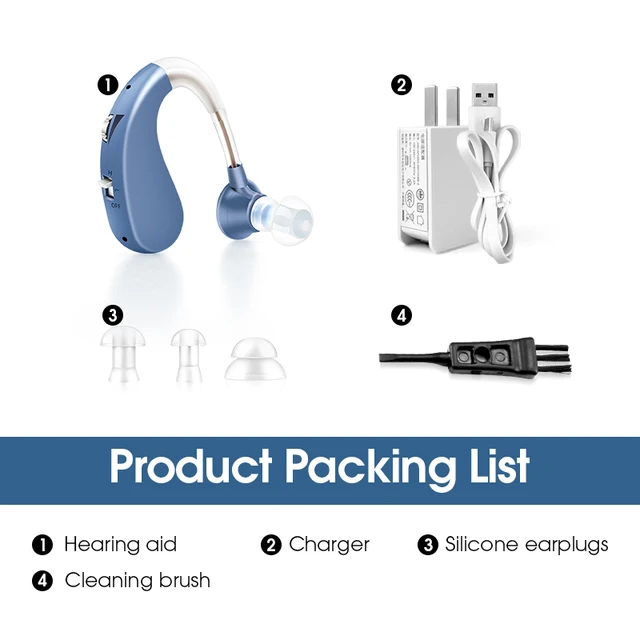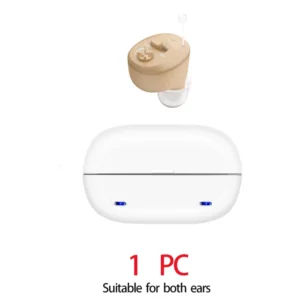
There’s definitely promising research happening in the field of tinnitus treatment, though a definitive “cure” might still be a ways off. However, various approaches are being explored, including therapies that target neural pathways involved in tinnitus perception, innovative devices, and even certain medications that show potential in alleviating symptoms for some individuals. As our understanding of the mechanisms behind tinnitus improves, it’s likely we’ll see more effective treatments emerge. Always a good sign when there’s hope on the horizon!

Tinnitus, that persistent ringing or buzzing sound in the ears, is unfortunately quite common and can be quite bothersome for those who experience it. While a complete cure might still be a ways off, there are numerous treatments and management strategies available to help alleviate symptoms and improve quality of life for individuals with tinnitus. From sound therapy to cognitive behavioral therapy and even certain medications, there’s a range of options that people can explore with the guidance of healthcare professionals. It’s always encouraging to know that research and innovation continue to advance in this area, offering hope to those affected by tinnitus.
While a complete cure may still be a goal for the future, current approaches focus on symptom management and improving quality of life for individuals with tinnitus. Some promising avenues of research and treatment include:

While a definitive “cure” for tinnitus remains elusive, there have been significant milestones in its treatment and management. Some notable advancements include:
Sound Therapy: The use of external sounds, such as white noise or nature sounds, to mask or distract from the perception of tinnitus has been a longstanding approach. This can help individuals habituate to the sound over time.
Cognitive Behavioral Therapy (CBT): CBT techniques have been adapted to help individuals with tinnitus manage the distress and negative emotions associated with the condition. This approach can help change negative thought patterns and behaviors related to tinnitus.
Neuromodulation: Various forms of neuromodulation, including transcranial magnetic stimulation (TMS) and transcranial direct current stimulation (tDCS), have shown promise in altering neural activity and potentially reducing tinnitus perception.
Medications: While there is no specific medication approved for tinnitus, certain drugs, such as antidepressants or anticonvulsants, may provide relief for some individuals by addressing underlying factors like anxiety or neural hyperactivity.
Innovative Devices: Advancements in technology have led to the development of devices like cochlear implants and auditory implants, which can provide relief for some individuals with severe tinnitus by directly stimulating auditory pathways.
Research into Mechanisms: Increasing understanding of the underlying mechanisms of tinnitus, such as changes in neural activity and auditory processing, has paved the way for more targeted treatment approaches.

Clinical Trials: Ongoing clinical trials are investigating novel treatments, including pharmaceuticals, neurostimulation techniques, and gene therapy, with the aim of finding more effective and targeted interventions for tinnitus.
While a complete cure may still be on the horizon, these milestones represent significant progress in the understanding and management of tinnitus, offering hope to millions of individuals affected by the condition.
Tinnitus treatment varies based on its cause and severity, but the most successful approach often involves a combination of therapies. Here are some common and effective treatments:
See also:
How to Manage Tinnitus at Home: If tinnitus is mostly noticed in quiet situations, first you should try using a white noise machine to mask the noise. If you don’t have a white noise machine, a fan, soft music or low-volumed static radio will help.




How do you deal with tinnitus? If tinnitus is mostly noticeable in quiet situations, try using a white noise machine to mask the noise from tinnitus. If you don’t have a white noise machine, a fan, soft music or low-volume radio static also may help.